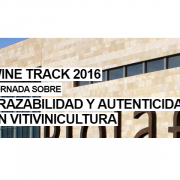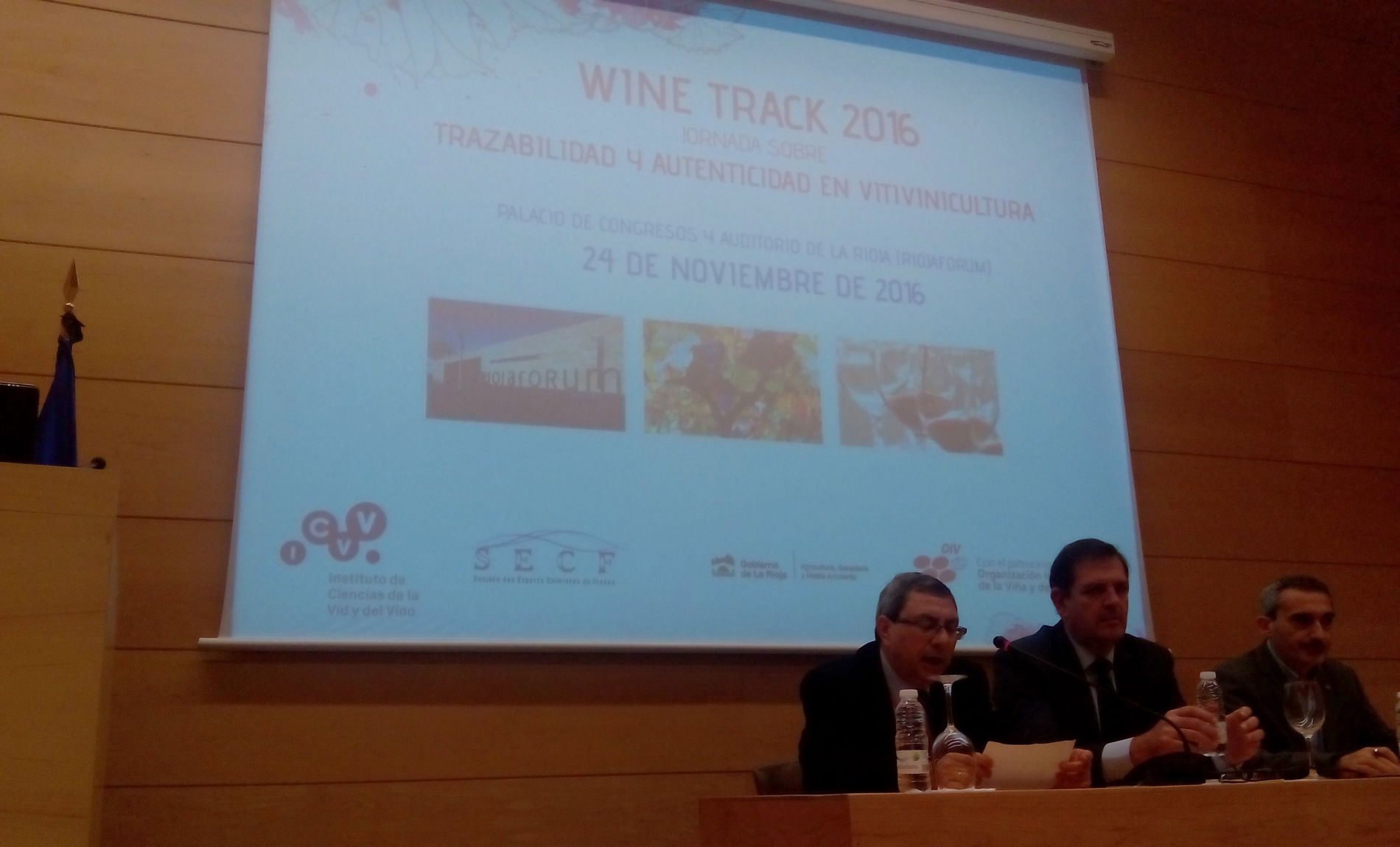Displaying 2680
Technical Document
Methodological recommendations for accounting for GHG balance in the vitivinicultural sector
01 Jan 2017
Technical Document
Beneficial effects of non-alcoholic grape-derived products on human health
01 Jan 2017
Technical Document
Alternatives to sulphites and other preservatives for Table and Dried Grapes
01 Jan 2017

News

This day was presided over by Iñigo Nagore Ferrer (Minister of Agriculture, Food and Environment for La Rioja), Jean-Pierre Dal Pont (President of the French Society of Chemical Experts; SECF), Julio Rubio García (President of the University of La Rioja) and José Miguel Martínez Zapater (Director of the Institute of Grapevine and Wine Sciences; ICVV). Additionally, researchers from various research centres and universities, as well as representatives from the Ministry for Agriculture, Fishing, Food and Environment (MAGRAMA), the Spanish Wine Federation (FEV), wineries and professionals in the vitivinicultural sector and in traceability, as well as students, were among the 200 or so people who took part.
05 Dec 2016